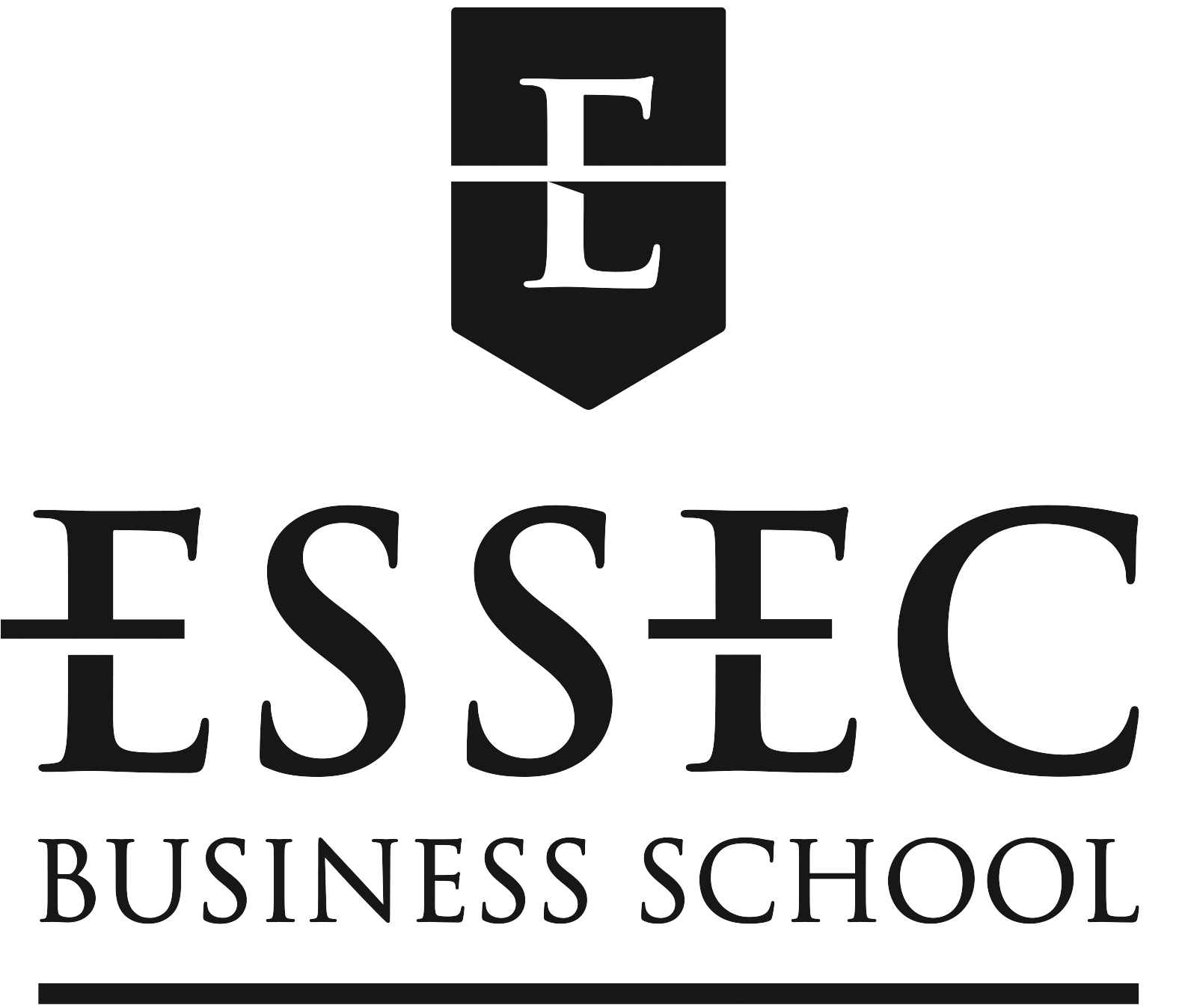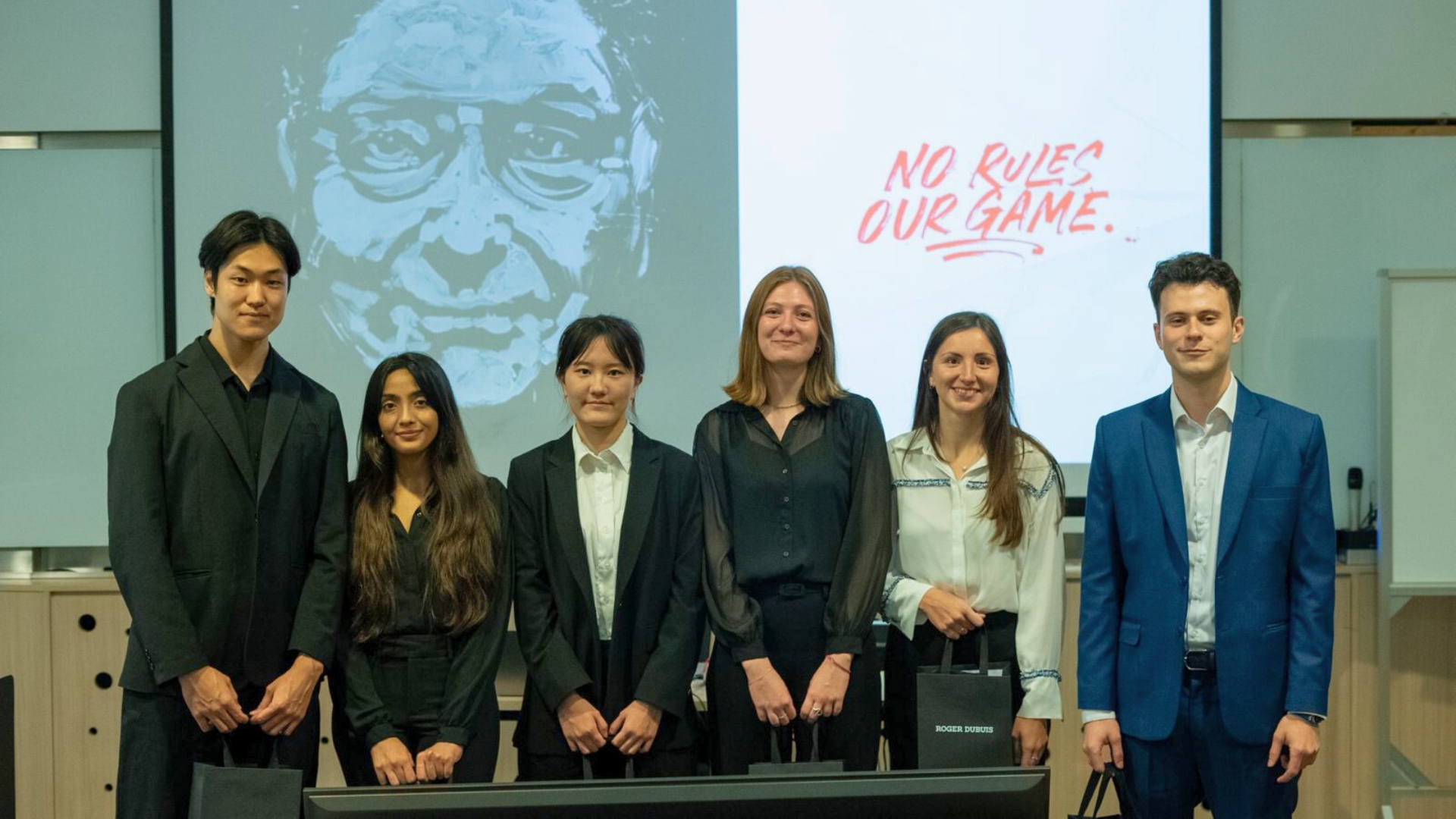Imagine being alone in the office when a client calls with a EU$5 million deal to close. Back then, Nicolas Tan, a current ESSEC Master of Finance (MiF) student, was only two weeks into his apprenticeship at the forex (FX) sales department of Société Générale Corporate & Investment Banking.
To put this into perspective, the 24-year-old says, “I would estimate that the average of the deals I had done at that time were only around EU$50,000!”
The client wanted answers fast, but the traders—who had the information—were unfamiliar with Nicolas, making it challenging for him to get what he needed. The stakes were high, and the pressure was immense.
“I told the client I would call him back and went straight into the trading room to find the trader face-to-face. I introduced myself, explained the deal and who my usual teammates were because that would make more sense to him and make him more willing to help,” Nicolas says.
He succeeded in holding the fort and walked away, relieved. Still, he also realized that it is not just technical knowledge in the finance sector but also soft skills like relationship management and the ability to take the pressure that will help one thrive.
The Evolution of the Finance Sector
Arguably, the demand for these skills has only increased with the challenges finance professionals face. As technology advances, so do customer expectations. The regulatory landscape has also shifted, opening doors to disruptive innovations like mobile payments and crypto-currencies.
Competition for jobs is also becoming more intense. At 22 years old, Nicolas secured an apprenticeship, but Raphael Lambert, now 22, struggled to find employment after completing his bachelor’s degree in economics.
This obstacle came despite his strong profile. Being a French-Chinese who has lived in Ireland, the US, the UK, and Hong Kong, Raphael demonstrated the global mobility and adaptability that employers want. He also graduated with a degree from the University of Chicago in the States and internship experience at Credit Agricole CIB in Hong Kong.
Yet, he realized he needed to do more. With an ambition to work in investment banking, asset management, or private equity, he saw ESSEC’s career-oriented MiF program as an ideal solution.
“The majority of courses at ESSEC go beyond teaching strong theoretical basics to application,” Raphael says, elaborating that the staple of group work ensures students have a platform to practice hard and soft skills.
More importantly, the MiF program also allows students to specialize in one of three tracks: Corporate Finance, Financial Markets, or Fintech and Analytics, so they leave with sufficient domain-specific knowledge and competencies needed for a global career.
Asia-Focused Skills and Networking
“There are also numerous talks by corporations and experienced professionals organized by the Asia-Pacific campus. These are great opportunities to learn more about the industry and network,” Raphael says.
Nicolas adds: “Most of our lecturers are professionals from the financial industry, with high positions in banks in Singapore. This really helps give us the perspective of what employers think.”
These perspectives are critical to Nicolas, as his career goal is to break into the financial markets in the fast-growing Asian region. As a French-Chinese who has lived in France all his life, he believes his time at the ESSEC Asia-Pacific campus will be crucial in helping him pick up the cultural nuances and understanding he needs.
He shares that he has benefited immensely from the career workshops offered to the students. These have given him tips for improving his curriculum vitae, cover letter, LinkedIn profile, and, most importantly, boosting his personal branding. He also looks forward to connecting with ESSEC’s extensive alumni network. After all, that’s what ESSEC is best at: “Helping you meet people to network.”
As Nicolas and Raphael only enrolled in 2020, whether they will succeed is a story that has yet to be written. Still, the statistics are on their side—100 percent of MiF graduates find employment within three months of graduation. With the resources from ESSEC and their determination combined, the odds of success in this investment are genuinely in their favor.
RELATED POSTS
Green is the New Gold: Giving SMIB Students An Edge in Sustainable Finance
Sebastian Sohn shares why sustainability matters in the Sustainable Finance course for ESSEC Master in Strategy and Management of International…
Three MiF Curriculum Features that Make the ESSEC Asia-Pacific Campus Stand Out
Student Ambassadors share how the ESSEC Master in Finance at Singapore has prepared them for the world of finance.
Freedom and Practicality Draw Students from Asia to the MiM Program at ESSEC APAC
From diverse backgrounds to common goals, students from ESSEC's Master in Management program are shaping their futures with flexible learning and…
The MMD 2024 Digital Marketing Challenge: A Taste of the Real World
The annual Digital Marketing Challenge is arguably the biggest highlight of the MSc Marketing Management and Digital program. Student Ambassador…
Three Ways ESSEC GBBA Students Can Make the Most of Their Exchange
Student Ambassador Sagarika Majumdar and alumna Manqi Zhao share their tips.
How the ESSEC MMD Program Makes Learning Practical and Relevant
Fresh graduates need help entering the workforce, as they need more experience and have a limited understanding of the industry. ESSEC Master in…







